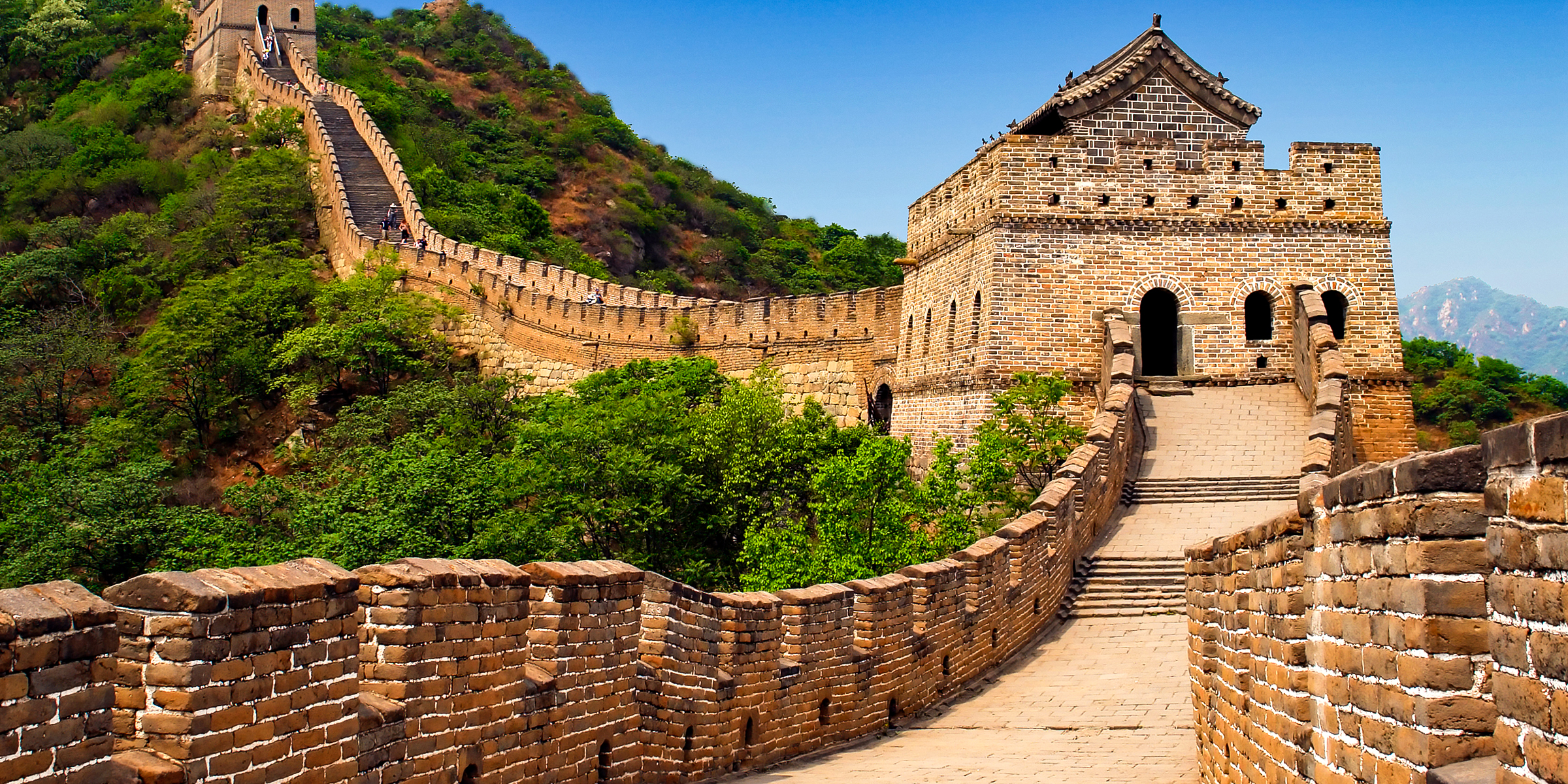
10 Facts about China That Shape the Nation’s Culture and Heritage
Explore Chinese culture with these fascinating insights, covering everything from its linguistic diversity and family values to its iconic traditions. Here are 10 facts about China, including one interesting fact about the orgins of fortune cookies.
China is the world's third-largest country by land area and has the largest population. With its history stretching back thousands of years, China stands as one of the world's oldest civilizations, celebrated for its unique and sophisticated culture.
While many recognize China for its architectural marvels, both ancient and modern, numerous lesser-known facts offer a deeper understanding of this vast and complex nation.

Busy streets of Shanghai, China | Source: Pexels
10 Facts about China, Some of Which You Won't Believe
1. Mandarin is not the only language in China.
Besides their official language, Mandarin, China has many major dialects such as Yue, Wu, Minbei, Minnan, Xiang, Gan, and Hakka. Each region also has its own unique dialects, showcasing the country's diverse linguistic landscape.
2. China is considered a “coconut culture."
Chinese people may seem reserved at first glance, akin to a coconut's hard shell. However, they are actually warm and welcoming, with close relationships forming over time.

A family sharing smiles with each other. | Source: Pexels
3. Family members living in one home is a reflection of Chinese success.
In China, having multiple generations under one roof is not just a tradition but a symbol of success and respect for elders. This practice, supported by cultural norms and the Elderly Rights Law, emphasizes the importance of familial duty and honor.
4. Fortune cookies did not originate in China.
Contrary to popular belief, fortune cookies originated in San Francisco, not China. This revelation challenges a widespread Western misconception about this popular treat's roots.

A bowl of fortune cookies | Source: Pexels
5. The Chinese New Year
The annual Chinese New Year is a festival that lasts for 15 days, beginning with the new moon falling between Jan. 21 and Feb. 20 in Western calendars and ending with the following full moon. During this period, Chinese people pay homage to their households, heavenly deities, and their ancestors.
6. Red means happiness in China.
In Chinese culture, red symbolizes happiness, fortune, and vitality. This bright color dominates festivities, especially the Chinese New Year, highlighting its positive connotations and absence from mournful occasions.
7. Toilet paper was invented in China.
Toilet paper, an indispensable modern commodity, was first invented in China during the 6th century. This innovation, born from ancient Chinese ingenuity, revolutionized personal hygiene practices, showcasing the country's historical knack for practical solutions to everyday needs.

A basket of toilet paper | Source: Pexels
8. There is only one time zone in China.
Despite its vast geographical expanse spanning multiple time zones, China operates on a single standard time, known as Beijing Time (BJT). This uniform time system, implemented in 1949, reflects China's preference for centralized governance and underscores its harmonized approach to timekeeping.

An alarm clock | Source: Pexels
9. Ping-Pong is China’s national sport.
Revered as the national sport, ping-pong reflects China's dedication to excellence and its cultural significance, underscored by the country's Olympic successes and the prowess of its players.
10. Shanghai is home to a Chopstick Museum.
This unique museum, founded by Lan Xiang, boasts a collection of over 2,000 pairs of chopsticks dating back to the Tang Dynasty. It celebrates the diversity and cultural importance of chopsticks in China and beyond.
As these facts reveal, China's intricate tapestry of languages, enduring family values, and distinctive traditions captivate and intrigue. But China isn't alone in its uniqueness.
Armenia, with its own remarkable history and traditions, such as compulsory chess education, also beckons to be explored. Embark on a journey to uncover more interesting facts about Armenia and broaden your cultural horizons.
